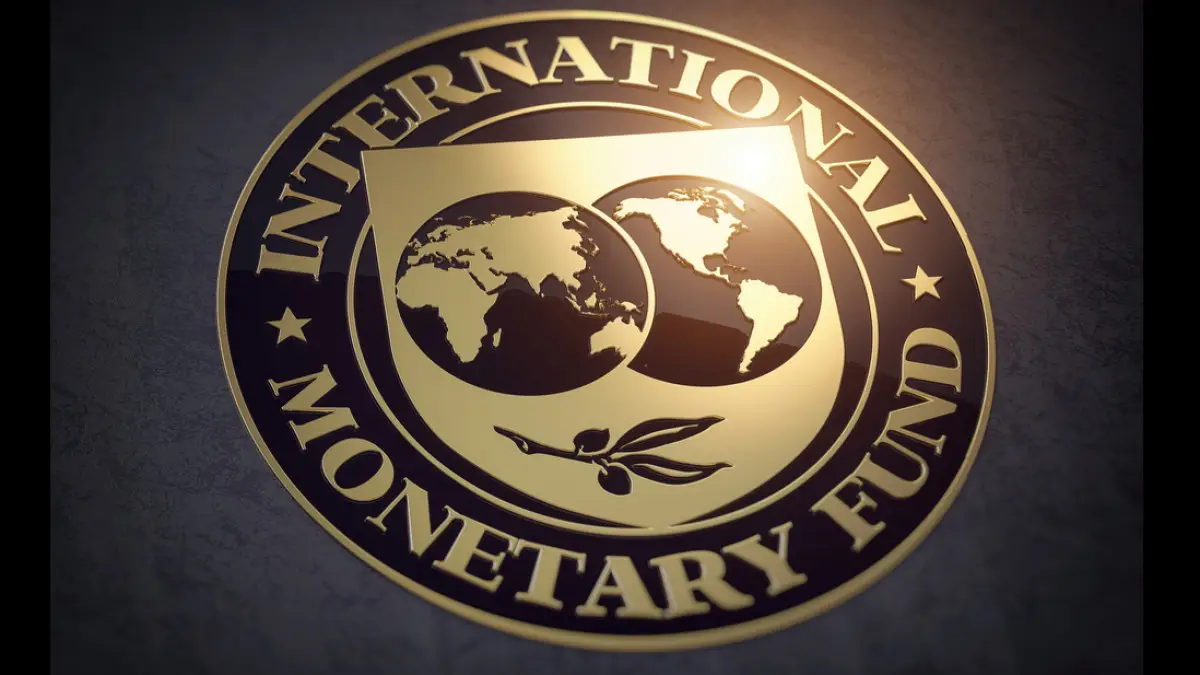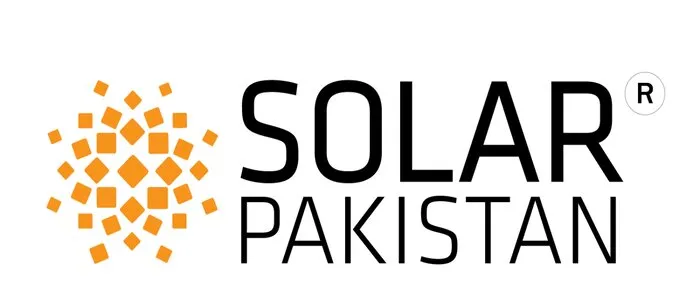In a notable development, the International Monetary Fund (IMF) has urged Pakistan’s Federal Board of Revenue (FBR) to discontinue the practice of granting preferential treatment to specific sectors and enforce uniform taxation policies across the board. This call for equitable taxation aligns with the IMF’s broader objectives of promoting fiscal sustainability and economic transparency within Pakistan’s financial framework.
Key Points:
- IMF Directive: The IMF’s directive to the FBR underscores the importance of implementing fair and consistent taxation measures to ensure a level playing field for all sectors of the economy. By advocating for the elimination of preferential treatment, the IMF aims to address systemic inequalities and foster a more equitable tax regime that promotes economic growth and stability.
- End of Special Treatment: The IMF’s stance reflects concerns over the adverse effects of sector-specific exemptions and concessions on overall tax revenues and fiscal stability. By discontinuing special treatment for certain sectors, the FBR can enhance revenue generation efforts and reduce reliance on borrowing to meet budgetary requirements, thereby strengthening Pakistan’s financial position in the long run.
- Uniform Taxation Policies: The IMF’s recommendation emphasizes the need for uniform taxation policies that apply equally to all sectors, irrespective of their size or influence. This approach seeks to minimize distortions in the tax system, enhance compliance levels, and improve revenue collection efficiency, ultimately contributing to a more sustainable and equitable economic landscape.
- Promoting Economic Fairness: By advocating for equitable taxation, the IMF aims to promote economic fairness and social cohesion by ensuring that all stakeholders contribute their fair share to national development initiatives. This inclusive approach is essential for building public trust in the tax system and fostering a sense of accountability among taxpayers and policymakers alike.
- Collaborative Efforts: Achieving the IMF’s objectives requires close collaboration between the FBR, government authorities, and relevant stakeholders to enact meaningful reforms and streamline tax administration processes. By working together towards a common goal of fiscal sustainability, Pakistan can strengthen its economic resilience and create a conducive environment for investment and growth.
Also Read: IMF Wants Sales Tax Implementation on E-Commerce, Facebook, and Digital Platforms





